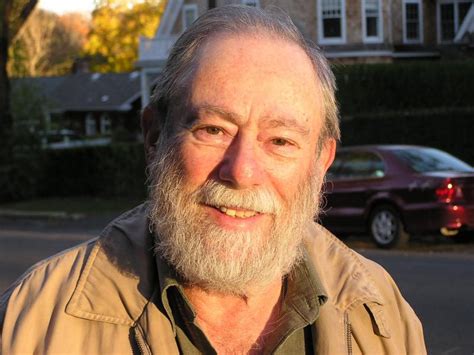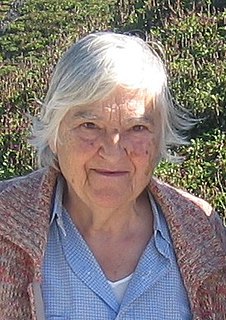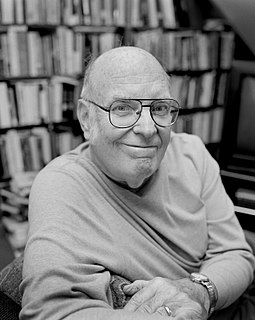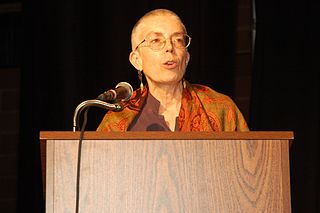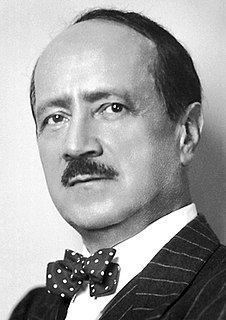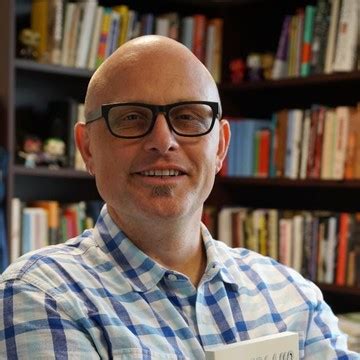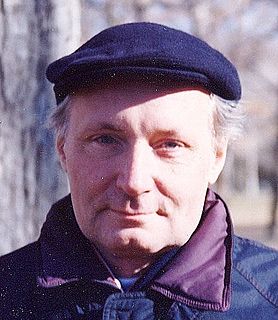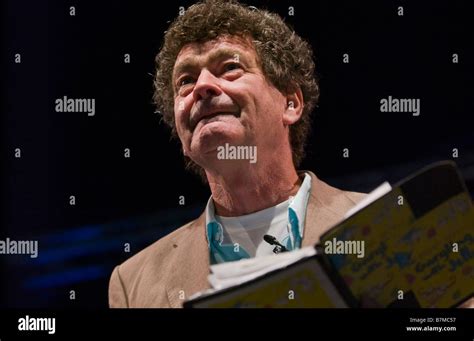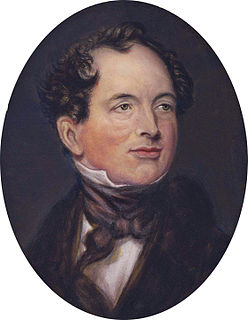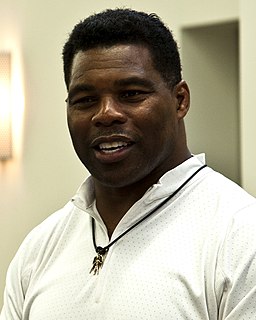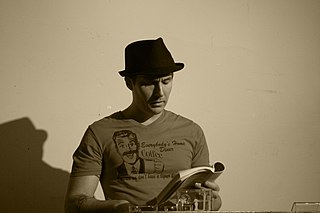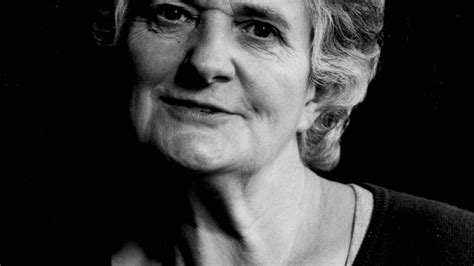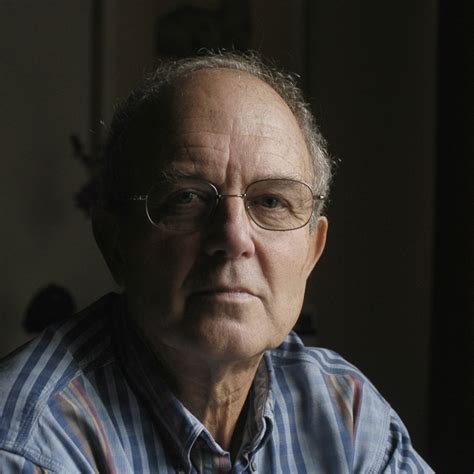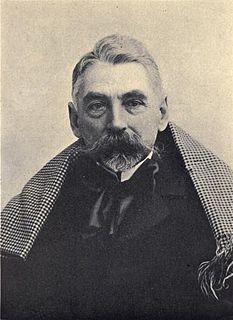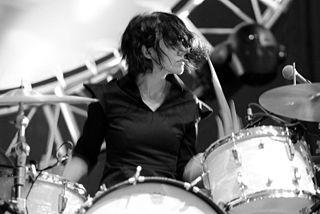Top 1200 What Is Poetry Quotes & Sayings - Page 10
Explore popular What Is Poetry quotes.
Last updated on November 25, 2024.
My biggest poetic influences are probably 20th-century British and Irish poets. So I suppose I'm always listening for the music I associate with that poetry, the telling images, the brevity. I want to hear it in my own work as well as in the poetry I read. However, I think I'm generally more forgiving of other poets than myself.
Poetry is probably the one field of writing in which it is a mistake to try to psych out editors. In fact, specific marketing advice can sometimes harm the novice poet by enticing him to pursue fashions. The poet's best hope is to sound like nobody else, The finest, most enduring poetry constructs a marketplace of its own.
we are far too used to the assumption that poetry and poets will be there when we want them, no matter how long they have been ignored, taken for granted, misused. After all, isn't poetry a form of prophecy, and aren't prophets known for their talent for flourishing in inhospitable deserts and other bleak surroundings? Maybe. But maybe not indefinitely.
At times of crisis or distress, it's poems that people turn to. (Poetry) still has a power to speak to people's feelings, maybe in a way that fiction, because it works in a longer way, can't. There's a little bit of your brain that mourns and grieves that you're not writing poetry, but actually as long as I'm writing something, I'm happy.
I've never thought of my poems as violent. Violence, to me, has so much negativity attached to it - maybe that's my trouble with the word. But ferocious - indeed, I'll take it. And yes, poetry does need a bit of ferocity. Poetry needs to be alive, unabashedly, and, for me, that entails seeing its complexity - the grit and grimness and jubilance and beauty.
Poetry has its uses for despair. It can carve a shape in which a pain can seem to be; it can give one’s loss a form and dimension so that it might be loss and not simply a hopeless haunting. It can do these things for one person, or it can do them for an entire culture. But poetry is for psychological, spiritual, or emotional pain. For physical pain it is, like everything but drugs, useless.
My ethics, my sense of morality, my work ethic, my sense of compassion for suffering humanity, all of that comes directly out of the practice of poetry, as does my Buddhist practice. Poetry is a very important element in the history of Buddhism in general and in Zen in particular. It was really Zen that motivated me to change the way I perceive the world.
Poetry is related to philosophy as experience is related to empirical science. Experience makes us acquainted with the phenomenon in the particular and by means of examples, science embraces the whole of phenomena by means of general conceptions. So poetry seeks to make us acquainted with the Platonic Ideas through the particular and by means of examples. Philosophy aims at teaching, as a whole and in general, the inner nature of things which expresses itself in these. One sees even here that poetry bears more the character of youth, philosophy that of old age.
Modern" poetry is, essentially, an extension of romanticism; it is what romantic poetry wishes or finds it necessary to become. It is the end product of romanticism, all past and no future; it is impossible to go further by any extrapolation of the process by which we have arrived, and certainly it is impossible to remain where we are who could endure a century of transition ?
I think poetry always lives its life, and people come to it and people go away from it, 'people' in the sense of larger numbers of people. It's as though you begin to think that poetry is a resource, and that at certain times people seem to need it or want it or can find sustenance in it, and at other times they can't.
If you want to change people by talking about God, then there is only one way: instead of teaching God, you must live God. Because: "teaching" God is unthinkable in any other way than the way you would teach love or poetry. You teach love only through love, poetry only through writing poetry, faith in God only through a contagious way of trusting.
I'm primarily a poet, so I'd have to say in my case I'd investigate the mystery in poetry in a different way than prose might investigate it, in a way that includes the power of the music of language and maybe more imaginatively in poetry, but I don't really know about better or worse. I guess it depends on the writer.
When we relate to our bodies as having soul, we attend to their beauty, their poetry and their expressiveness. Our very habit of treating the body as a machine, whose muscles are like pulleys and its organs engines, forces its poetry underground, so that we experience the body as an instrument and see its poetics only in illness.
Among those today who believe that modern poetry must do without rhyme or metre, there is an assumption that the alternative to free verse is a crash course in villanelles, sestinas and other such fixed forms. But most... are rare in English poetry. Few poets have written a villanelle worth reading, or indeed regret not having done so.
That’s what i love about poetry. The more abstract, the better. The stuff were your not sure what the poets talking about. You may have an idea, but you cant be sure. Not a hundred percent. Each word, specifically chosen, could have a million different meanings. Is it a stand-in ?a symbol for another idea? Does it fit into a larger, more hidden, metaphor? ...I hated poetry until someone showed me how to appreciate it. He told me to see poetry as a puzzle. Its up to the reader to decipher the code, or the words, based on everything they know about life and emotions.
I have the idea that lyric poetry is a poetry that's driven by a sense of the presence of death. That there's something unbearable about the fact that we're going to die and that we can't stand it and I think you find that out in childhood and you don't really - at least I found it out in childhood and I found it hard to get over.
I loathe the trivialization of poetry that happens in creative writing classes. Teachers set exercises to stimulate subject matter: Write a poem about an imaginary landscape with real people in it. Write about a place your parents lived in before you were born. We have enough terrible poetry around without encouraging more of it.
Art and poetry cannot do without one another. Yet the two words are far from being synonymous. By Art I mean the creative or producing, work-making activity of the human mind. By Poetry I mean, not the particular art which consists in writing verses, but a process both more general and more primary: that intercommunication between the inner being of things and the inner being of the human Self which is a kind of divination (as was realized in ancient times; the Latin vates was both a poet and a diviner). Poetry, in this sense, is the secret life of each and all of the arts.
Memoir is a unique opportunity to revisit yourself. I don't mean by memory. I mean in the revision process. You don't just write a chapter and that's it. You must constantly return to it. You must dote on it. And even if it's saying something ugly about who you are, you have to find the poetry in it. You have to find the poetry in yourself.
Ho Kyuns poetry is in the tradition of his master, the incomparable Tu Fu, while remaining fully his own. Writing nine centuries later, Hos poetry strikes many parallels--the experiences of war and exile and constant struggle-- and his voice is similarly humane. This is rich and enlightening reading.
Poetry can be criticized only through poetry. A critique which itself is not a work of art, either in content as representation of the necessary impression in the process of creation, or through its beautiful form and in its liberal tone in the spirit of the old Roman satire, has no right of citizenship in the realm of art.
There is only beauty / and it has only one perfect expression / poetry. All the rest is a lie /except for those who live by the body, love, and, that love of the mind, friendship. For me, Poetry takes the place of love, because it is enamored of itself, and because its sensual delight falls back deliciously in my soul.
People get anxious about dividing sorts of poetry, say Confessionalism from political poetry. But Confessionalism is very much an expression of racial privilege and of class privilege. I don't think it's always a blind expression of these privileges but it does have its genesis in them, in the politics of them.
Poetry of all the forms of literature I think is the most suited for the digital age and for the shorter attention spans and all of that. It Twitters very easily, some lyric poems and it's very easy to zip a poem to someone, so that's one of the things I think is wonderful about poetry in the digital age.
